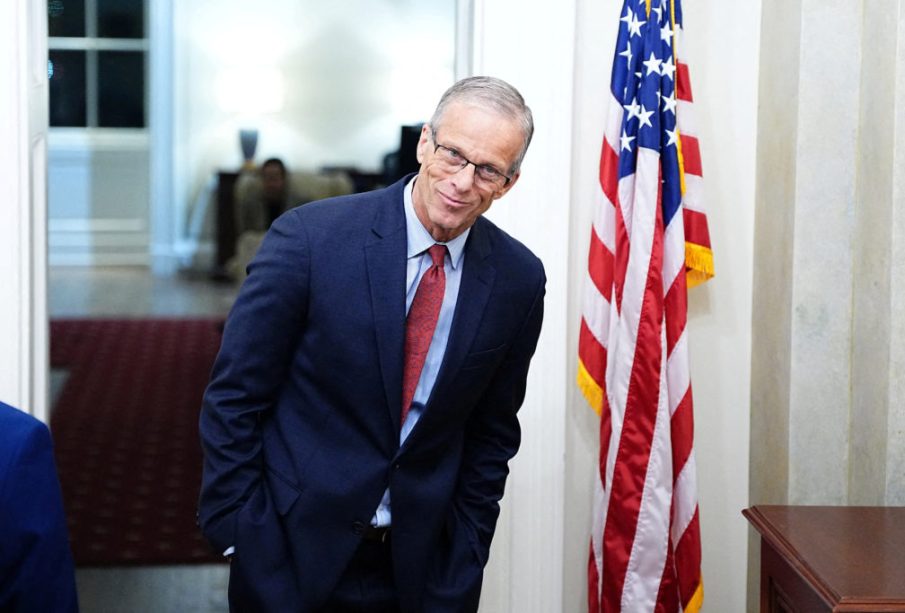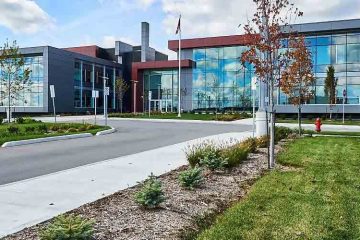Senate Democrats Strategize to Prevent Government Shutdown

The Importance of Addressing Government Shutdowns
As the U.S. approaches a critical deadline, the topic of government shutdowns has gained increased urgency. A government shutdown occurs when Congress fails to pass federal funding legislation, leading to the closure of essential services and affecting millions of Americans. With upcoming negotiations, Senate Democrats are under immense pressure to forge a path that avoids a repeat of past failures.
Current Situation and Challenges
In recent months, Senate Democrats have been vocal about their commitment to preventing a government shutdown, which is expected to occur if the budgetary impasse continues. As the fiscal year closes on September 30th, lawmakers are scrambling to agree on funding levels. This week, Senate Majority Leader Chuck Schumer indicated that the Democratic majority would need to reach across the aisle, seeking cooperation from Republicans who have historically opposed certain spending measures.
Key points of contention include allocations for domestic programs, the budgeting for defense, and addressing concerns over inflation. Democrats agree on maintaining funding for social programs critical to working families, while some Republican factions are advocating for substantial cuts. The divide makes the negotiations more complex, and the clock is ticking.
Efforts to Build Bipartisan Support
Leading the charge, Senate Democrats have proposed a stopgap spending bill aiming to keep the government operational while allowing more time for negotiations on a full budget. They hope that by including measures favored by Republicans, such as defense spending increases, they can garner bipartisan support. Schumer emphasized, ‘We’re going to do everything we can to avoid a shutdown and keep the government working for the American people.’
Moreover, several influential figures, including Senate Appropriations Chair Patty Murray, are actively engaging with Republican counterparts to facilitate discussions. The recent bipartisan meetings suggest some willingness to compromise, although entrenched positions remain an obstacle.
Consequences of a Government Shutdown
A government shutdown would have dire consequences ranging from delayed federal payments to potential job losses among federal employees. The last shutdown in late 2018 and early 2019 saw hundreds of thousands affected, and economic impacts were felt nationwide, hindering growth and leading to increased public discontent.
Conclusion: Looking Ahead
As tensions rise, the next few weeks will be crucial for Senate Democrats in their pursuit of a budget agreement that averts a government shutdown. With different factions holding firm to their priorities, a compromise will require adept negotiation skills and a collective effort to prioritize the needs of the American people. The implications of a shutdown loom large, and from both sides of the aisle, there is a shared hope that an agreement can be reached before the deadline hits.








